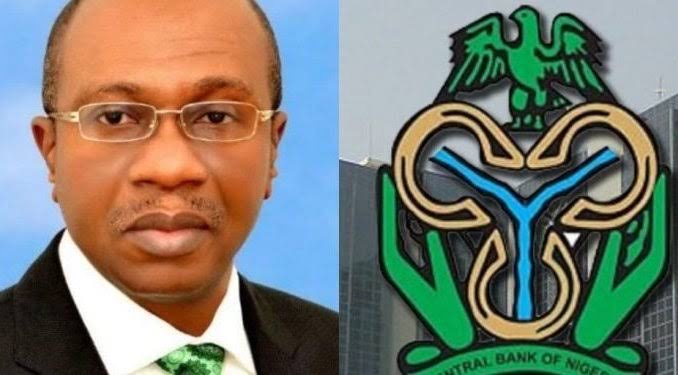The total gross credit to businesses rose from N19.4 trillion to N23.5 trillion in the last one year, representing over 21.1 per cent increase, the Central Bank of Nigeria (CBN), has said.
In a state of the economy and financial sector report endorsed by CBN Governor, Godwin Emefiele, the apex bank said agriculture, manufacturing, power and healthcare took the lion share of the loans disbursed.
The apex bank also granted regulatory forbearance that allowed banks restructure loans given to sectors severely affected by the pandemic and strengthened the Loan to Deposit Ratio policy, which has resulted in a significant rise in loans provided by financial institutions.
Emefiele explained that working with the fiscal authorities, the apex bank created a N50 billion target credit facility for affected households and small and medium enterprises through the Nirsal Microfinance Bank, against which N363.5 billion has been disbursed to over 767,000 Nigerian households and micro businesses.
The regulator also mobilised key stakeholders in the Nigerian economy, under the Private Sector Coalition Against COVID-19 (CACOVID) team that raised N39.646 billion to support the fight against the scourge.
The CBN boss also created N100 billion intervention fund for pharmaceutical companies and healthcare practitioners to expand and strengthen the capacity of our healthcare institutions.
“We have increased this fund to N200 billion to accommodate more players in the healthcare sector, such as phytomedicine practitioners and manufacturers of medical devices and vaccines. Our primary focus is to create a hub where medical officers can have access to diagnostic equipment to carry out quality medical services at an affordable price for Nigerians,” he said.
CBN data showed that so far, N107.7 billion has been released to support 114 healthcare projects, including six greenfield (new) and 108 are expansionary (brownfield).
‘’The projects financed included cancer treatment centres, medical diagnostics, pharmaceuticals, dental services, eye clinics, and other healthcare service providers. We are happy to inform you that the intervention programmes have contributed to the increased bed space in our hospitals, and improved healthcare productivity as evident in the increased number of successfully treated Covid 19 patients.
‘’These developmental initiatives combined with our monetary and financial policies have helped to support the recovery of our economy and in re-aligning general macroeconomic conditions’’.
Emefiele said the loans came after the Central Bank of Nigeria worked with the fiscal authorities in instituting strong policy support measures capped under the Economic Sustainability Plan (ESP), which was designed to contain the effects of the pandemic, restore stability to the economy by helping households and businesses affected by the pandemic and to lift our economy out of the woods through massive interventions to critical sectors.
“Under this plan, the monetary and fiscal authorities collectively mobilised and injected over N5trillion to support households and businesses. It is gratifying to state that the Central Bank of Nigeria deployed more than N3.5 trillion, – about 4.1 per cent of Nigeria’s Gross Domestic Product (GDP) to critical sectors such as agriculture, manufacturing, electricity, and healthcare in order to stimulate and help the economy recover from the deep shock.
Other specific policy measures, outside loans, undertaken to stabilise the economy and businesses in the face of the pandemic include reduction of the monetary policy rate from 13.5 to 11.5 percent to improve the flow of credit to households and businesses.
The apex bank also reduced the interest rate on CBN intervention loans from nine to five per cent.
There was also extension of the moratorium on principal repayments for CBN intervention facility to March 2022.
Emefiele said these measures, have led to robust economic recovery as GDP growth stood at 4.03 per cent in the third quarter of 2021, following the 5.01 per cent growth recorded in the second quarter of 2021.
The economy has remained on a positive growth path for four consecutive quarters after the recession in the third quarter of 2020. 41 out of the 46 sectors assessed in the third quarter by NBS, recorded positive growth, as growth was driven by significant improvements in the non-oil sector, particularly, Agriculture Manufacturing, Trade, ICT, Construction, Finance and Transportation.
in these two key sectors of our economy. Today, our food production systems have become more sustainable due to the improved output at our farms and local factories. Output of staple commodities such as rice, maize, palm oil and tomatoes have grown significantly, and we have also seen increased efforts of our local manufacturing firms to engage in backward integration efforts,” he said.
nation
